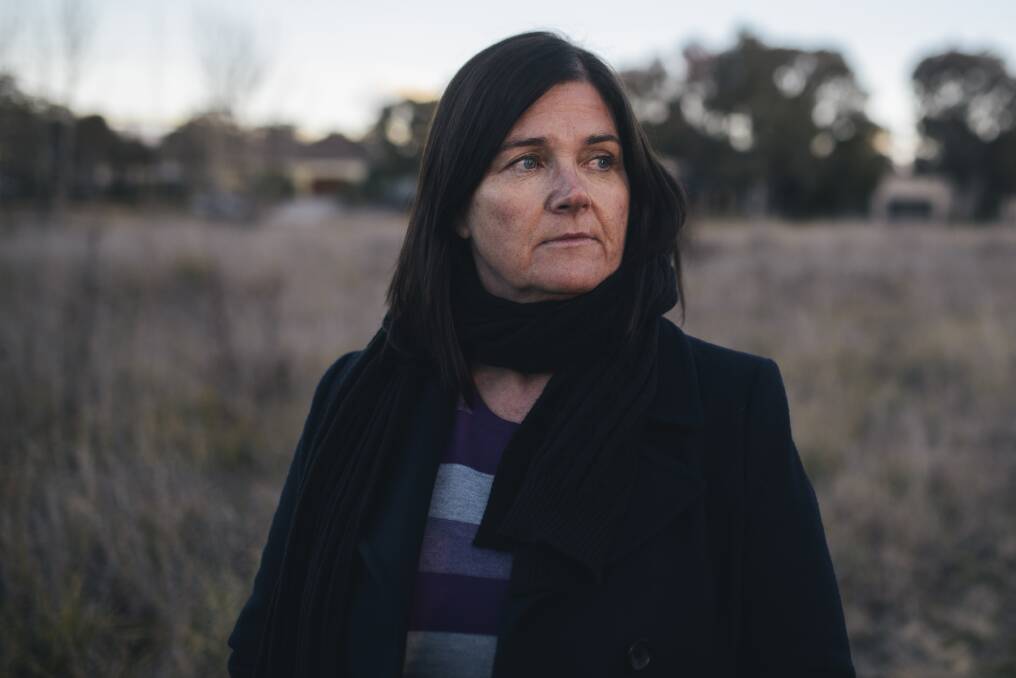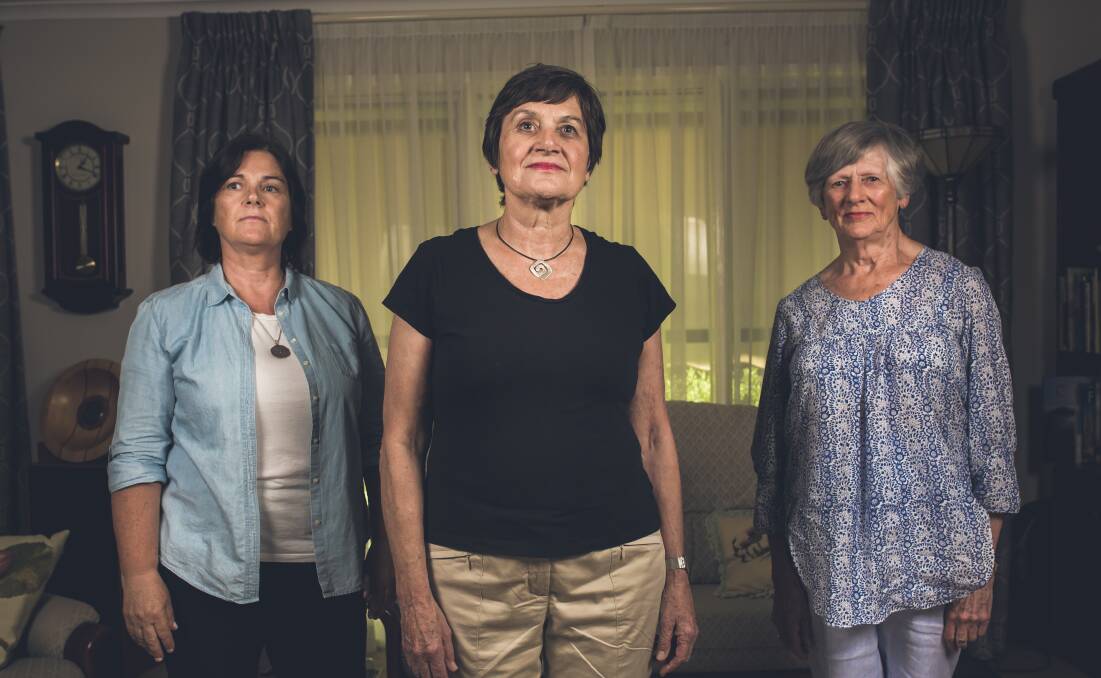
A mother who had to wait five years for an inquest into her son's death to even start has welcomed the appointment of the first full-time coroner in the ACT.
Ann Finlay's son Paul died in 2010 but no inquest was held until 2015, and then, because of repeated delays, its recommendations weren't handed down until 2016 and implemented until 2019.
She and two other bereaved women were so angered by the slowness of the system that they formed the Coronial Reform Group. They felt that the wait to establish the circumstances of a death was painful enough in itself, but it also delayed any necessary changes in, say, hospital or mental health care systems.
Last week, the ACT's first full-time coroner was appointed as a result of the territory government providing the funds.
The Attorney-General Shane Rattenbury said that he has listened to lawyers, families and the police about the need, and the budget for this year would include $3.2 million over four years to fund the new post and support staff.
The Canberra Times advocated for changes to the system in a five part podcast called "Losing Paul" in 2018.
Before the change, inquests were conducted by magistrates who also had to preside over criminal court cases. The ACT's Chief Magistrate, Lorraine Walker, was also its Chief Coroner.
She had also called for a dedicated coroner because the old system meant magistrates were over-stretched as they tried to juggle different court duties.

"Delays in the coronial system have placed immense burdens on families," Ann Finlay said.
She was optimistic that a full-time coroner meant that "inquests will be held without prolonged delays and that recommendations will be made by the coroner and enacted by the ACT government and others in a timely manner, thus preventing the unnecessary deaths of others and the suffering of their families and friends."
The ACT's first full-time coroner is barrister Ken Archer. His appointment was welcomed by Ms Finlay and the Coronial Reform Group.
Another bereaved mother in the campaigning group, Rosslyn Williams, added, though, that more needed to be done: "We'd love to see the courts become much more restorative for families to have more of an equal voice and get away from the adversarial process that often operates in the Coroner's Court where everyone feels as if they've got to lawyer up."
The third founding member of the campaigning group died recently. Ann Finlay paid tribute to her: "I would like to acknowledge Eunice Jolliffe who sadly passed away last year, just days before the ACT Government announced the funding for the dedicated coroner.
"Eunice was an extraordinarily dedicated and determined advocate and her legacy is one of inspiring a change that will improved access to justice for all.''
Also welcoming the appointment of a full-time coroner was Jo Lane, whose mother, Judith Flynn, died in a confused state at the Canberra Hospital in January, 2019. The inquest is yet to be completed.
"Going through a coronial process is very challenging for many reasons," Ms Lane said.
"It is associated with many difficult and painful emotions including grief, loss, confusion, frustration, isolation and powerlessness."
Ms Lane said that having a dedicated coroner in the ACT would make a big difference to families, "especially if it will speed up the coronial process and make it more efficient".
See also:
-
ACT government appoints Ken Archer as territory's first dedicated coroner
- Losing Paul: Canberra mothers push for ACT coronial reforms, funding boost
- ACT budget 2021: First dedicated coroner to be appointed in ACT after funding boost
- ACT Chief Magistrate Lorraine Walker calls for dedicated coroner in the territory
- Canberra coronial inquest into Judith Flynn's death at Canberra Hospital examines care for patients with cognitive impairment







